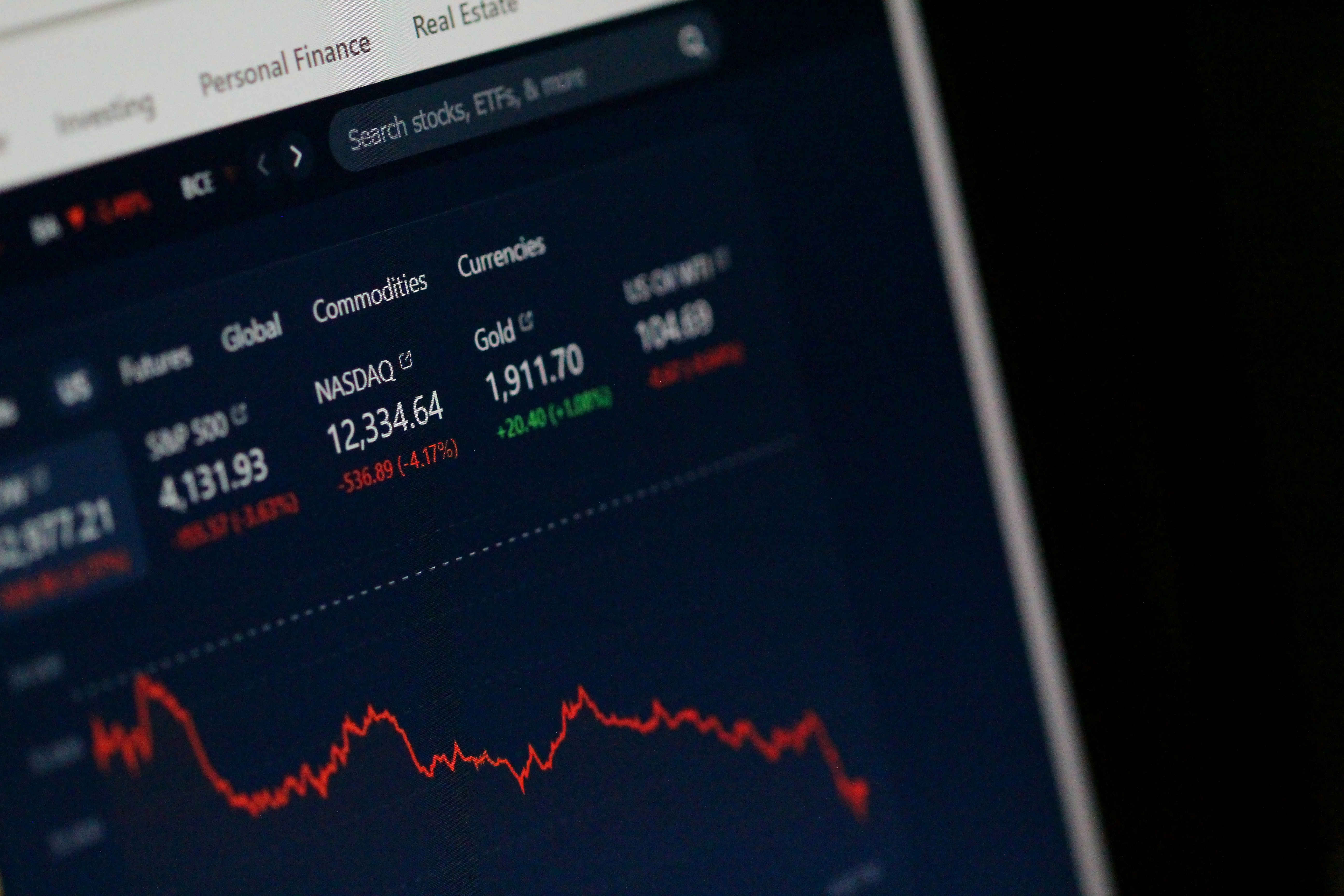The fundamental challenge for all East Asian countries is to ensure that peace and prosperity, which has characterized the region over the last four decades, would continue to be the defining feature of the region. The future of the seas in East Asia is central to the maintenance of peace and prosperity in the region. Indeed, the importance of the seas in East Asia has acquired a much greater degree of attention, and thus strategic significance, due to the changing nature of power relations in the region, especially among the major powers. There have been concerns that this strategic transformation would diminish the value of East Asia’s seas as regional public good, and transform it into a theatre for major powers competition and rivalry defined more by the pursuit of national strategic interests.
In that context, countries in the region are faced with the task and challenge of ensuring good order at sea and prioritizing the use of peaceful means and international law to manage and resolve maritime disputes. Achieving that objective would require common understanding of the strategic significance of the seas in East Asia as regional and global public goods, not only in security and economic terms but also in other aspects of the use of the sea for the benefits of all. Therefore, it is imperative to recognize that the future of the seas in East Asia will also be shaped by the willingness and ability of all stakeholders to cooperate in all aspects. Creating an opportunity for regional thinkers, especially between ASEAN and Japanese scholars and policy-makers, to engage in research and dialogues on the issue would provide a platform to explore ideas and ways on how to ensure the future of the sea as common public good.
It is the aim of this study to understand the nature of challenges at sea that could undermine East Asia’s stability and prosperity. What are the best practices and ways to approach maritime disputes in East Asia? What role Japan and ASEAN can play to ensure that the East Asia’s seas remain regional and global public goods? Workshops and seminars will be organized and a final report will be produced at the end of the study.
The study was conducted from April 2014 to March 2015. The study's research team consists of Rizal Sukma, Shafiah F. Muhibat, Lina Alexandra, and Rocky Intan. The final report is available for download in English (PDF).







